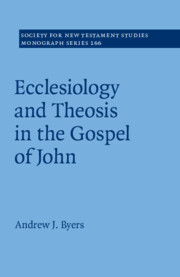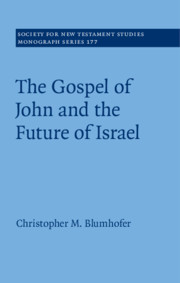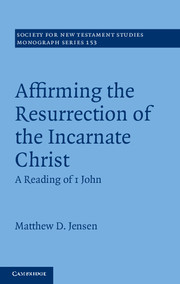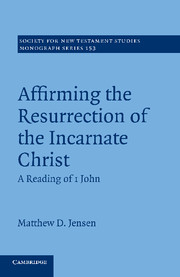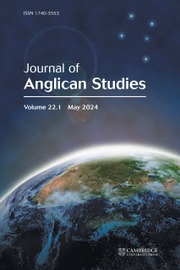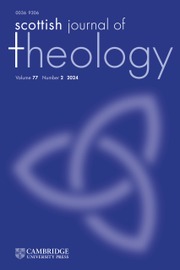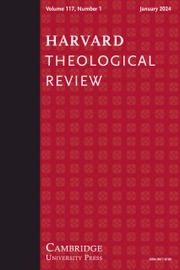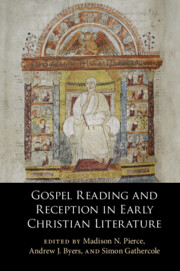Ecclesiology and Theosis in the Gospel of John
For the author of the fourth Gospel, there is neither a Christless church nor a churchless Christ. Though John's Gospel has been widely understood as ambivalent toward the idea of 'church', Andrew Byers argues that ecclesiology is as central a Johannine concern as Christology. Rather than focusing on the community behind the text, John's Gospel directs attention to the vision of community prescribed within the text, which is presented as a 'narrative ecclesiology' by which the concept of 'church' gradually unfolds throughout the Gospel's sequence. The theme of oneness functions within this script and draws on the theological language of the Shema, a centerpiece of early Jewish theology and social identity. To be 'one' with this 'one God' and his 'one Shepherd' involves the believers' corporate participation within the divine family. Such participation requires an ontological transformation that warrants an ecclesial identity expressed by the bold assertion found in Jesus' citation of Psalm 82: 'you are gods'.
- Proposes a new approach to Gospel studies, that of 'narrative ecclesiology'
- Brings John into the recent discussions on theosis in the New Testament
- Argues for the Shema as a foundational source for John's oneness motif
- Provides a new reading of the Prologue, showing that 'Johannine individualism' is a misreading of John's Gospel
Reviews & endorsements
'This sophisticated study refocuses the study of the Fourth Gospel, moving away from conjectural reconstructions of a sectarian Johannine community and moving towards an expansive account of John's vision for the church as a community bound together in union with God through Jesus. Byers's work offers a significant contribution to Johannine studies, a refutation of individualistic spiritual interpretations of John's Gospel, and a salutary stimulus to theological reflection on New Testament ecclesiology.' Richard B. Hays, Duke University, North Carolina
'Andrew J. Byers argues that John's theological vision includes a narrative ecclesiology of transformative participation in the divine community that is appropriately characterized as corporate theosis. Byers both breaks new ground and prepares the exegetical and theological soil for others to cultivate. Creative and provocative, this is a major advance in Johannine studies that echoes, paradoxically but appropriately, patristic interpreters of John.' Michael J. Gorman, St Mary's Seminary and University, Baltimore
'… provides an intriguing apology that the church fathers, in their reading of John in terms of theosis, were not off the mark.' Charles R. Schulz, Concordia Journal
Product details
November 2023Paperback
9781316630976
293 pages
216 × 140 × 17 mm
0.411kg
Not yet published - available from May 2025
Table of Contents
- 1. The Johannine vision of community: trends, approaches, and 'narrative ecclesiology'
- Part I. The Narrative Ecclesiology of the Prologue: No Churchless Christ, nor Christless Church:
- 2. The inclusive divine community: the Prologue's reinterpretation of God and God's people
- 3. The ecclesiology of filiation and the incarnation
- 4. Characterizing the Prologue's ecclesiology: the ambiguation and assimilation of John the Baptist
- 5. The Prologue's 'ecclesial narrative script': ecclesiology as story arc
- Part II. The Narrative Ecclesiology of the Shema: A Reappraisal of the Johannine Oneness Motif:
- 6. The Shema as the foundation for John's theological use of 'one': identifying and addressing reservations
- 7. The Shema, John 17, and Jewish-Christian identity: oneness in narrative development
- Part III. John's Narrative Ecclesiology of Participation and Deification:
- 8. The Fourth Gospel and deification in patristic writings
- 9. Johannine theosis: deification as ecclesiology
- 10. Characterizing Johannine theosis: divinized characters within the narrative
- 11. Narrative pneumatology and triadic theology: the Spirit-Paraclete as the character who divinizes beyond the narrative
- 12. John's narrative ecclesiology of deification: a synthesis
- Bibliography.

